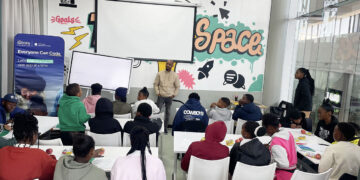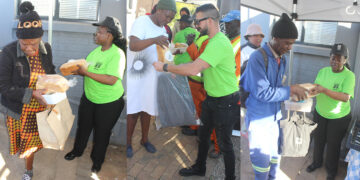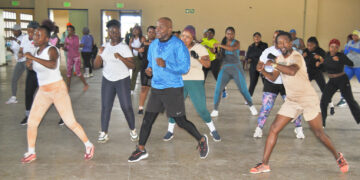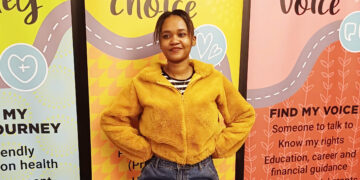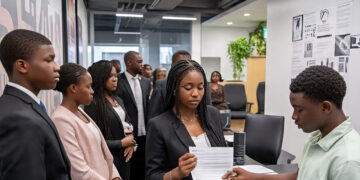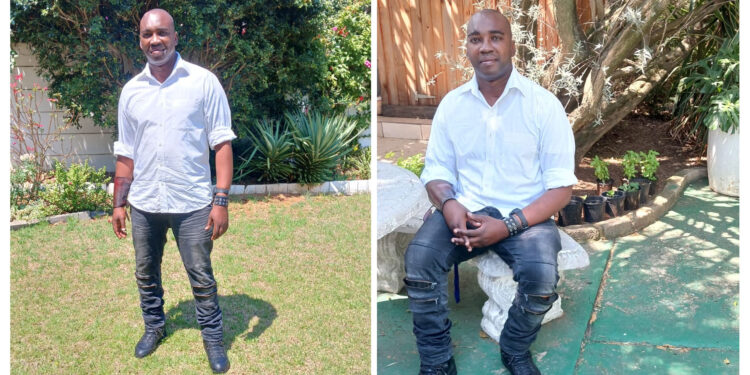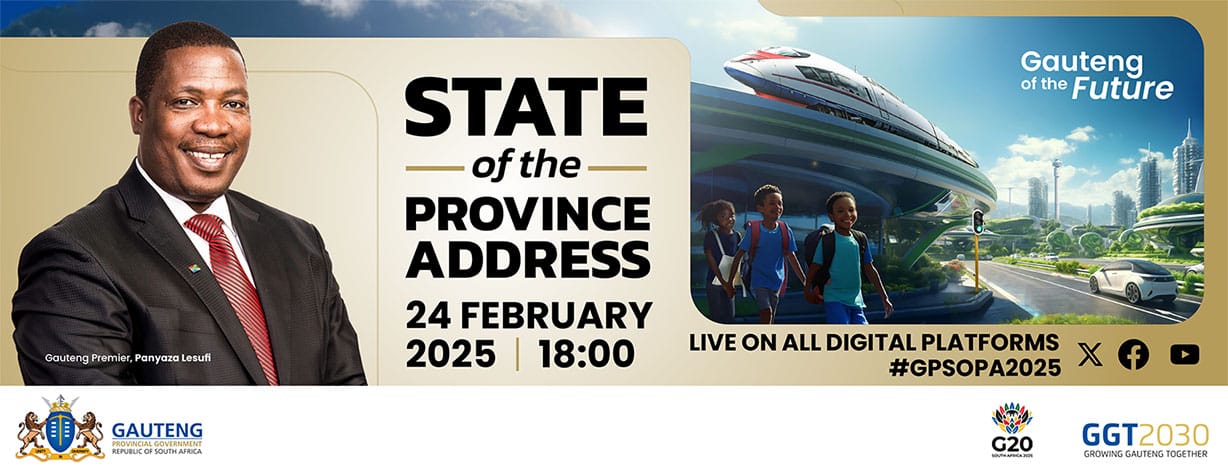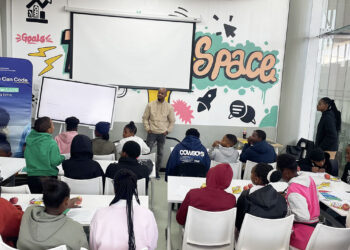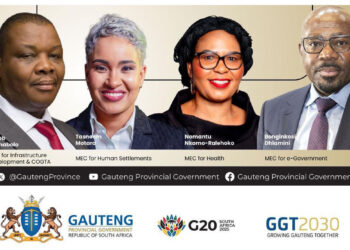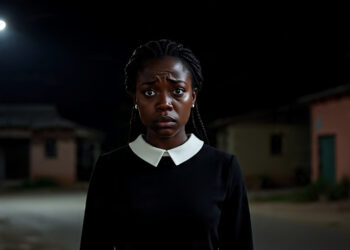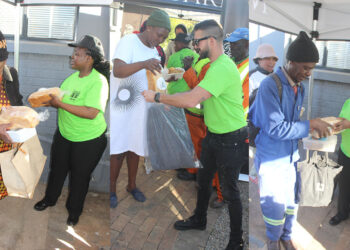The 17 November 2024 marks the World Day of Remembrance for Road Traffic Victims. It is a high-profile global event that honors the millions of people who have been killed or seriously injured in road accidents, as well as their families, friends, and others affected. It also recognises the suffering of victims and the work of emergency crews, police and medical professionals. South Africa has a high rate of car accidents. According to the Road Traffic Management Corporation, there were at least 10 180 fatal crashes in the country in 2023.
The UN Second Decade of Action for Road Safety 2021-2030 is aimed at improving global road safety and has the target of preventing at least 50% of road traffic deaths and injuries by 2030.
Zwelethu Mazibuko (44) almost died in a horrific car accident in 2008 and is lucky to be alive. On the night after his Bachelor Party – a night when he was so happy to be heading towards his wedding and new life – him and his best man stopped over at the TV station where he worked as a sports anchor to check his schedule. He then went on his journey home and while slowing down to a red traffic light, he saw headlights where they shouldn’t have been and then felt a deep feeling of peace. A drunk, speeding driver had lost control of his car, which went over the island causing a head-on collision. Zwelethu’s heart stopped and almost every bone on the right side of his body was fractured. His friend called his parents and the paramedics who started resuscitating him to get his heart beating. After numerous unsuccessful attempts, the paramedics wanted to stop. However, his dad told them to keep going saying: “My son is not dying here tonight.” Eventually, his heart started beating and he was driven to the hospital emergency room.
The Power of Prayer
In the hospital, Zwelethu then went into a coma and as he wasn’t coming out of it after three months, his parents were asked if the machines should be switched off. But his father said: “My son is not going anywhere.” And then he started a prayer circle, praying with family at 7:00pm each night and asking friends and extended family to do the same. Zwelethu then came out of the coma, with doctors saying it was a miracle and that they had no medical explanation for this. “While in the coma, I wasn’t aware of the friends and relatives coming to visit me in hospital,” says Zwelethu. “However, I do remember having a vision of my grandmother negotiating with God and asking to trade her life for mine; she was asking for her life to be taken and for me to live. When I came out of the coma, I heard that she’d passed away.”
The Impact of the Car Accident on Zwelethu’s Life
The accident happened in an instant, but has had a range of eternal ramifications on Zwelethu’s life. However, he has stood strong as a fighter and a survivor. As he needed numerous operations to heal his broken bones and damaged knee, he stayed in hospital for another five months after coming out of the coma.
During the accident, his head hit the side of the window so forcefully that he now has a permanent scar on his forehead. He couldn’t recognise his siblings in the first few months after the accident due to the frontal lobe brain damage he suffered. “Due to my facial scar and slower speech, I wasn’t able to continue my career as a TV presenter; a job I loved,” says Zwelethu.
He also acquired retrograde amnesia where he cannot remember anything of the last three years of his life before the accident – the years of being 25, 26 and 27 years old. “My memory resets after three days, sometimes I can’t remember people I’ve met, experiences I’ve had or things I’ve been told just a few months ago.”
Zwelethu also had to undergo extensive rehabilitation to learn how to walk, read, write and do mathematics again. His fiancé also left him as did many of his friends.
Two years after the accident, a wound on his right thigh wouldn’t heal. “My doctor took some tests and explained that I had contracted Methicillin-resistant Staphylococcus aureus (MRSA), a lethal, flesh eating bacterium while in hospital,” explains Zwelethu. “She told me that it could kill me within three months if I didn’t receive treatment immediately, but that thankfully, the expert who discovered the cure was living in Johannesburg, the same city as me.
“I was then put into quarantine for six months due to how contagious MRSA is. Only a few people who contract it, survive. I stayed in a small room and only the medical staff, my parents and my brother could visit me, dressed in full protective gear. TV, Facebook and visits from my family really helped me through this period.”
The multitude of medication Zwelethu has had to take caused him to have pancreatitis, which has led him to having diabetes. He now has to take insulin, medication and check his sugar levels daily. While he used to have regular epileptic seizures, he hasn’t had one for several months since being treated by a neurologist. He needs to have not had a seizure for a year before he can drive again.
Earlier this year, Zwelethu slipped and fell on his damaged knee, which caused him to be on crutches for two months and unable to leave the house. He has to be very careful to not fall again otherwise this could lead to his leg being amputated.
“I want to thank my doctors and my physiotherapist for saving and enhancing the quality of my life,” says Zwelethu. “Accidents can have a major impact on the lives of the people who are affected by them and their families. I want to stress the importance of not driving drunk, of always wearing your seatbelt, of going through the proper processes of acquiring your learners and drivers licence and of always sticking to the rules of the road.
“I am happy to be alive and I want to promote road safety, while encouraging people to stay strong and resilient no matter what life throws at them. We need to embrace the spirit of no surrender in dealing with our traumas and in addressing the high rates of car accidents in our country.”
Zwelethu has found that his experience has given him a purpose in life – to help others who have been through similar experiences and to prevent other car accidents from happening. Doing this, he says, will make him feel that he is doing God’s work.
Zwelethu provides motivational talks in high schools across Gauteng. If you would like him to speak at your school, please email: tkmccloy@gmail.com
About the World Day of Remembrance for Road Traffic Victims
The World Day of Remembrance for Road Traffic Victims is commemorated on the third Sunday of November each year.
It is a high-profile global event to remember the many millions who have been killed and seriously injured on the world’s roads and to acknowledge the suffering of all affected victims, families and communities – millions added each year to countless millions already suffering: a truly tremendous cumulative toll.
This Day has also become an important tool for governments and all those whose work involves crash prevention or response to the aftermath of crashes, since it offers the opportunity to demonstrate the enormous scale and impact of road deaths and injuries, call for an end to the often trivial and inappropriate response to road death and injury and advocate for urgent concerted action to stop the carnage.
World Day of Remembrance for Road Traffic Victims pays tribute to the dedicated emergency crews, police and medical professionals, who deal daily with the traumatic aftermath of road crashes.
Thandiwe McCloy – Public Relations Consultant
Email: tkmccloy@gmail.com
Soweto Sunrise News


